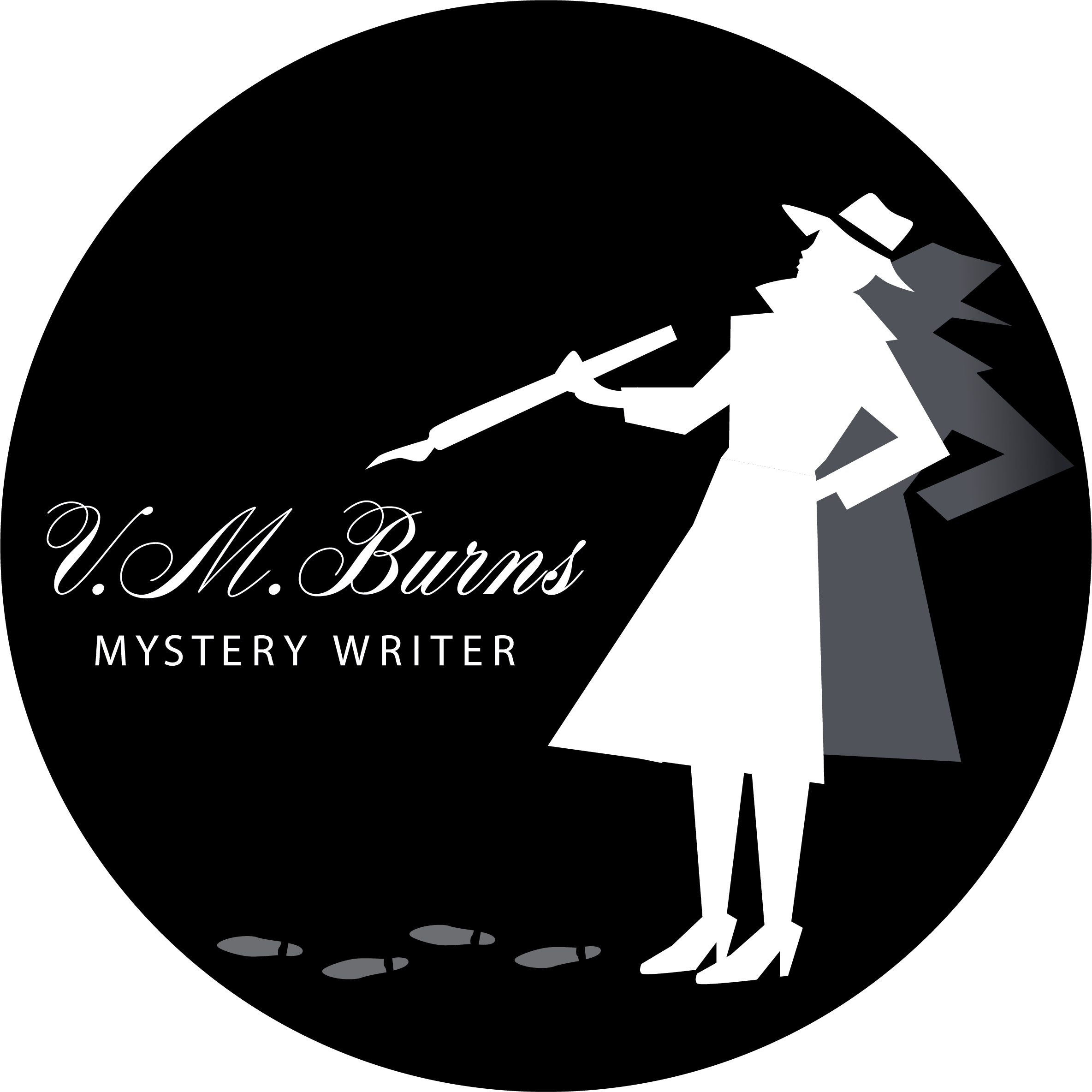In my naivete, I seriously thought writing a full length cozy mystery with a beginning, middle and end was the hardest part of becoming an author. Two-and-a-half years of graduate school and a gazillion dollars worth of self-help writing books later, I can say writing a book just might prove to be the easiest part of becoming an author. For the sake of brevity, and what’s left of my sanity, I’m going to fast forward through the months and years of sending out query letters to agents and publishers in the hopes of climbing out of the slush pile and getting a book contract. Let’s skip the rejection letters, alcohol therapy, self esteem shattering bouts of doubt and despair and the general suckiness of waiting endless hours for a form rejection which never arrives. Let’s start with the miracle of finally achieving a dream and getting that contract.
Last weekend, my agent forwarded what she called, “the standard new writer contract” from my publisher. I won’t say that I was totally clueless about what to expect with a publishing contract. I’ve read contracts (car purchases, house purchases, student loans). I wasn’t a total greenhorn. I expected a publishing contract to contain a lot of legal jargon. I expected the contract to have references to things that I might need explained, like copyrights, royalty payments, etc., etc., etc (You need to say that last part like Yul Brynner in The King and I). But, I consider myself a fairly intelligent woman. After all, I graduated from a very good college. I have two masters’ degrees. I have attended a ton of workshops, read a lot of books on the writer’s life, becoming a writer, and How to make it as a successful writer. I can dress myself, operate a motor vehicle and tie my own shoes. Surely I can make sense of a standard contract.
After staring at the document on my computer for what felt like hours, I realized that it must be written in Klingon because very few of the words actually made sense to me. My agent was going to the hospital for minor surgery, but would out for a week or so. However, she skimmed it before she sent it. In that short time, she identified a couple of issues (key being that the installment payouts didn’t add up and the outline for my second book in the series was due in about two weeks). Yes, you read that properly, I said TWO WEEKS. I hate deadlines. I’m not the person who waits until the last minute to get things done. I’m the person who likes to get things done early so I don’t feel the pressure of a deadline. I had agreed to submit the second book by October 15th (six months away) because I write quickly and knew that I could complete 65k words in two to three months comfortably. However, as a pantser (I write by the seat of my pants without an outline). I normally don’t know what is going to happen in my books until I finish the first draft. Now, I realize my publisher doesn’t know me. They don’t know how quickly I write. They don’t know whether I’m capable of writing consistently or if I’m a one trick pony with no other books inside me. I get the purpose of an outline, but two weeks? In two weeks I need to A) learn how to outline/plot a book. My brain kept remembering the last time I tried to outline a book. I felt like I’d received the kiss of death from the dementors in a Harry Potter book because the process had removed all the joy I felt in writing and left me lifeless and limp. Well, maybe not lifeless, but it totally sucked bad. But B) I needed to figure out what was going to happen in a book I had yet to write. Oh and did I mention that my editor sent his revisions and line edits too which, thankfully weren’t bad and I knocked those out quickly because, did I mention I hate deadlines?
So, what did I do? I fired off an email to my agent who promised to take a careful look at the contract when she got home from the hospital and told me not to worry. I then closed the contract and shut down my laptop. I know my strengths. More importantly, I also know my weaknesses. I know there are probably hundreds or thousands of writers who get published without an agent. I take my hat off to all of those individuals who are able to understand legal jargon and negotiate deals without the help of a professional agent. But, that is a skill set I don’t possess (right along with parallel parking). Do you need an agent to become a published writer? No. However, unless you speak Klingon, I highly recommend them.
